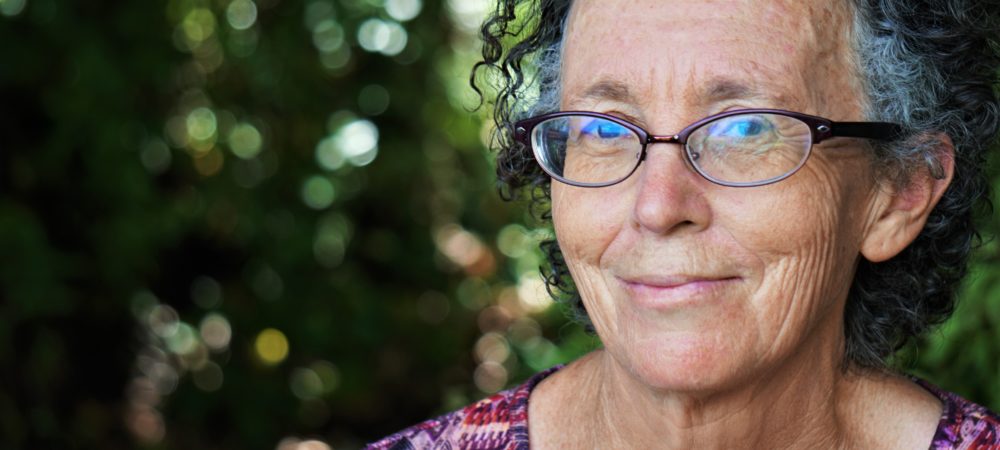


When drug and alcohol misuse are discussed in the media, there tends to be a lot of focus on people under the age of 50, mainly because opioid overdose has become the leading cause of death for that age bracket. However, addiction still severely affects the older population, with over 2.5 million seniors struggling with some form of substance use disorder, often in silence. It’s important to understand how society’s elders become susceptible to addiction and the ways specialized programs for aging patients can help families who suspect a loved one may need treatment.
As people age, their physical and mental well-being can begin to deteriorate, particularly those who deal with significant life changes like spousal loss, declining mobility and health, and other milestones like retirement or relocation. Many seniors begin to take over-the-counter and prescription medications to deal with various ailments, putting them at risk of possible negative interactions and dependency. Their bodies also tend to metabolize drugs at a slower rate than before, making even small doses potentially addictive and dangerous. Other issues that can increase the chance of addiction among the elderly include:
The most commonly misused substances by seniors tend to be alcohol and prescription medications like benzodiazepines and opioids, although there is a growing trend of illicit drug use as well. Those 65 years of age and older consume about 40% of all prescription medications in the country, with three out of ten people between the ages of 57 and 85 using at least five different prescription drugs at a time. With so many factors possibly leading the elderly towards chronic substance misuse, caretakers and loved ones should be informed of warning signs and effective treatment methods.
With more seniors living alone than ever before, the isolation and lack of supervision they experience can increases their predisposition to addiction. Unfortunately, preventative measures to curb elderly substance misuse such as round-the-clock care and alternative health therapies aren’t always accessible to all families. In addition to these challenges, the signs of addiction in the elderly can present themselves differently than in the younger population, making education on senior substance use disorder essential for early detection and intervention. Luckily, research shows that older patients tend to respond to effective, evidence-based treatment just as well as their more youthful counterparts.
Middlesex Recovery offers addiction treatment programs that can specifically cater to the needs of those who are 50 and older. The medical providers and staff at outpatient Middlesex Recovery offices understand that elderly patients face unique barriers to treatment and are eager to help them navigate any concerns they may have. Call or message the nearest Middlesex Recovery location today to learn more about the recovery services available.